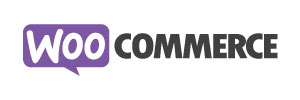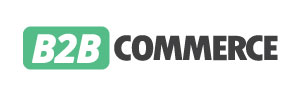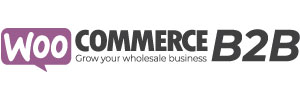With the growing success of ecommerce platforms, B2C transactions have developed towards fast as well as frictionless getting funnels in order to enhance the conversion price. The very best example of this pattern is the “one-click purchasing” attribute released by Amazon.com.
As B2B ecommerce has been getting a growing number of relevance, several platforms have actually attempted to apply the B2C design to B2B deals. Yet, although B2B likewise calls for a frictionless experience, the complexity as well as the needs of B2B transactions can not fit in the B2B ecommerce model.
Can I integrate b2b eCommerce with IQ Retail in England
The first difference between B2C and also B2B orders is the quantity of products ordered. B2B transactions are usually bulk orders, including huge amounts of money. This clarifies why experts do not intend to get their supplies as quickly as well as swiftly as a client on Amazon.com. Specialists prefer being able to meticulously examine their order, the shipping conditions (price as well as delay), the complete amount, the payment problems and also the seller’s info before verifying.
On the vendor’s side, permitting bulk orders makes supply monitoring extremely important. The seller needs to be able to customize the amount gotten if it does not match with his stock.
Then, allowing large orders additionally climbs several various other topics like tax obligation rates, shipping as well as money. Specialists may not always wish to have their supplies provided as soon as possible. Some orders could only be needed 6 months later, which requires a user interface where the customer can choose his shipping problems.
Lastly, among the most significant distinction between B2C and B2B platform is repayment. B2C deals are dominated by settlement modes like charge card or Paypal whereas B2B deals call for a much larger selection of alternatives. Experts need to be able to pick between a number of repayment modes (transfer, charge card, checks) and likewise numerous conditions (straight payment, settlement in numerous terms, delayed repayment etc.).
For those reasons, the B2B ordering channel can not be based on the B2C’s model and needs to be rethought specifically for B2B.
What is b2b eCommerce integration and is it available in England
Since we defined the needs and also specificities of B2B deals we can design the B2B purchasing channel.
In summary, the customer needs action in the funnel to inspect the products and the amount ordered, the shipping conditions, the settlement conditions, the tax obligations and the overall amount of the order.
Then, depending on your sector, the vendor may need to be able to modify the order’s information (amounts, products, shipping costs) before confirming the order.
In order to fill all these requirements as well as to adapt to all circumstances, we, at Storehub.io, have designed 3 various buying procedures as soon as the buyer has actually validated his order:
Where do I start with b2b eCommerce & IQ Retail integration?
When the customer confirms the order, it is quickly confirmed and all the information are established absolutely. This procedure puts on markets with few bulk orders.
- Straightforward recognition purchasing
Once the customer confirms the order, the vendor gets the order and also can change some details (depending on the marketplace’s setups). In this manner, the seller can adapt the order to his supply, as well as change the delivery information as an example. After that, the vendor validates the order. - Double recognition buying
This treatment starts like the straightforward validation purchasing. Yet when the vendor modifications something in the order (amount, shipping etc.), the customer has to revalidate to agree with the modifications. This treatment is created industries with really variable quantities as well as shipping conditions (ex: agro-food industry)
Get in touch with the Storehub.io team, book a free consultation here and we will assist you with integrating a b2b eCommerce with IQ Retail in England.
For more articles on b2b eCommerce integration, see below
Benefits of B2B Sage Business Cloud Integration In Europe
Understanding IQ Retail and B2B eCommerce Integration Challenges
What Are The Stages of Sage 200 Evolution B2B eCommerce in England?












